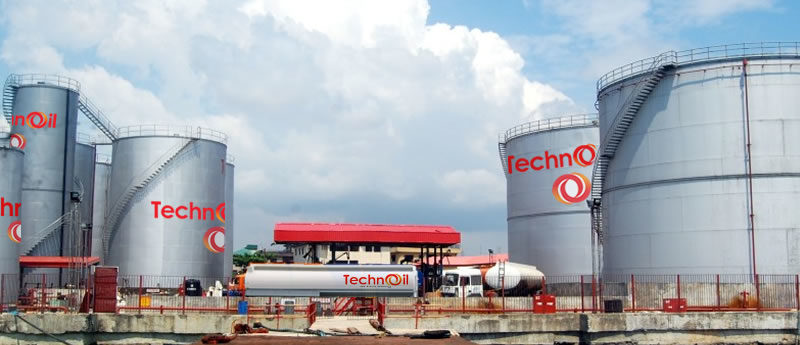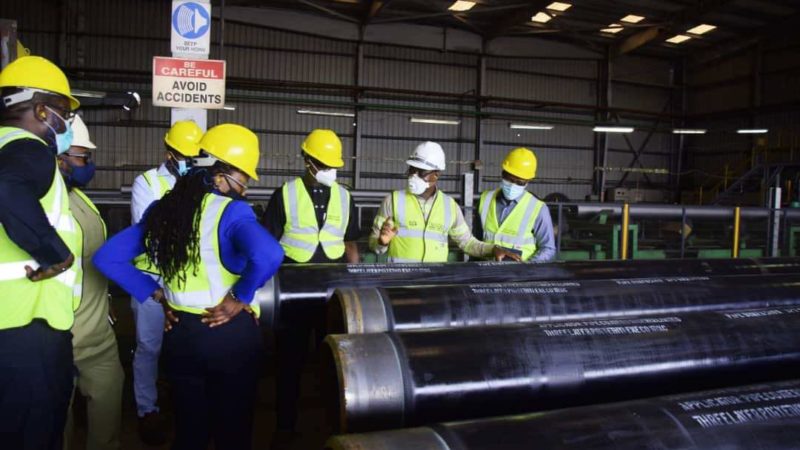Weighing the odds — how fast can homegrown innovations for petroleum scale in Africa?

Africa is widely known to be the home of burgeoning smart people who are filled with innovations and ideas that could disrupt various industries. Against all odds, the young minds are leveraging technology in the financial, agriculture, cryptocurrency, media as well as other sectors, and the growth is immense.
Apparently, if the same energy is channeled into the oil and gas industry, the development will be one to look forward to. However, the rate at which growth will be massive could be determined by some factors.
“Several studies have considered various aspects of this locally innovative strategy, often focusing on its environmental problems. Little attention has been given to how local refining can be harnessed to ameliorate the problems associated with petroleum shortages in Nigeria.”
In this article, we’ll look at how fast homegrown innovations for petroleum scale in Africa if some of these challenges are out of the way.
Limit in government regulations
Considering that the petroleum industry is the center of the economy in any country in the world, it makes it easier for the government to pay close attention to the sector.
For instance, in Nigeria “Official records from the budget office of the Federal Republic of Nigeria shows that the petroleum industry accounted for about 29.1% of GDP and 78% of total government revenues through fiscal year 2012.”
Although the barriers to entry are very high, governmental and environmental regulations play a significant part in not accelerating homegrown innovations in the industry. The government should create policies and regulations that will not stifle innovations but enable it to flourish.
Let’s take a look at the next point.
Availability of the needed equipment
In a conversation with one of the bright minds in maximising technology in the oil and gas industry, Daniel (not real name) noted that he built a drone by watching tutorials on YouTube as well as reading books. However, the drone wasn’t able to fly because he was trying to use the same method people outside Nigeria were using and the type of equipment needed to carry out the tasks wasn’t available.
In a case whereby the equipment needed are manufactured in Nigeria and Africa at large, this will increase the output of companies innovating ways to scale the petroleum industry in Africa. Another side to this is if equipment and needed resources can be imported. But the limiting factor would be the expensiveness.
Moving on to the next determining factor.
Adoption of technology
It’s no longer news that technology is impacting lives, work, labour, how people live, digital, social and political interactions. Although some industries are still behind in adopting technology in making their process easier and better, one of which is the oil and gas sector.
One reason this can be attributed to could be the myth that adoption of technology in the oil and gas industry could lead to loss of jobs. But in the real sense of it, technological advancements will create more job opportunities for those with the relevant skills.
This established, adoption of technology in the petroleum industry will promote innovation as well helping it scale.
The final point to look at is how funding the companies innovating can accelerate the industry.
Funding from investors
Bearing in mind that technological innovations within the industry may be underestimated considering the factors that may be limiting growth in Africa, it could make it difficult for investors to fund the companies.
This confirms a statement made by Temitayo Sadique, the CEO of AirSynQ. He said:
“Speaking with investors was quite difficult because nobody believed we could build what we’re actually building in Nigeria. We’re also trying to change the narrative by being a Nigerian company that builds with international standards that applies to our product.”
Funding the companies innovating in the oil and gas industry in Africa would go a long way in expediting the growth of homegrown innovations.
Undoubtedly, homegrown technology and innovations will go a long way scaling in the oil and gas industry in Africa. But the question that begs to be answered is, how fast can it grow amidst the numerous innovation challenges?




